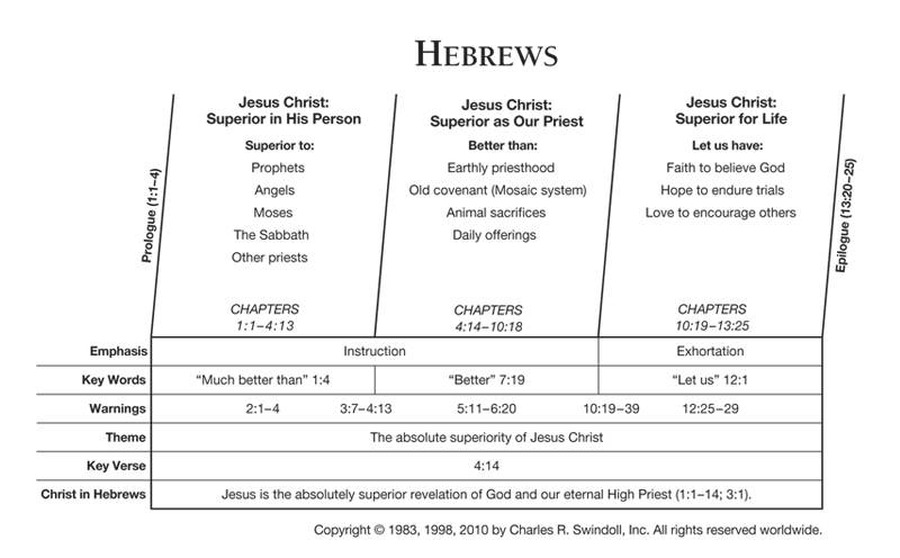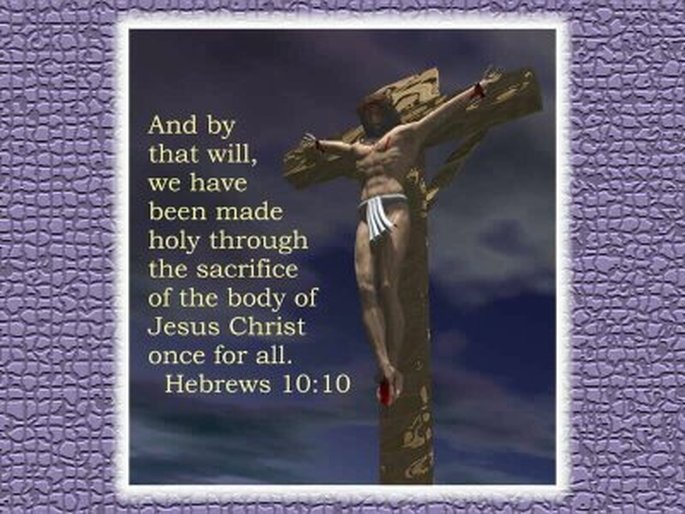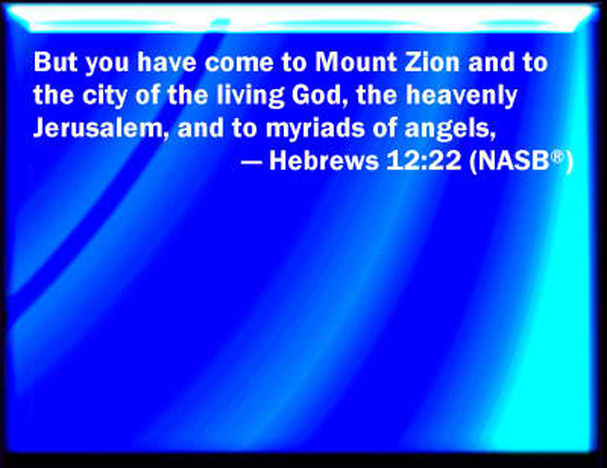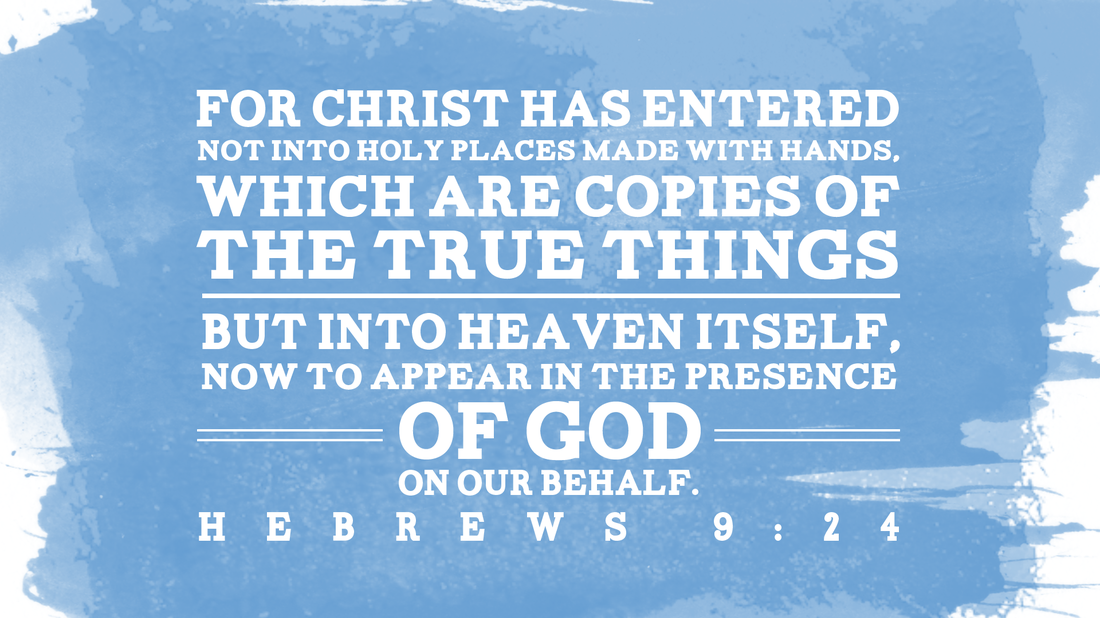The Letter to the Hebrews

The first-century church underwent much persecution, and this letter was written in that setting. The persecution had not yest resulted in martyrdom, but it was severe. The intended readers seem to have been Jewish Christians who were thinking of abandoning their faith and of lapsing back into Judaism. So the author exhorts them to hold fast to their confession of Jesus Christ as Savior and Lord.

The author of this letter does not identify himself, but he was obviously well known to the original recipients. For many years Paul was considered to be the author, but since the Reformation it has been widely recognized that Paul could not have been the author. Apollos and Barnabas are those most often suggested. The book was written prior to the fall of Jerusalem in A.D. 70.

The theme of Hebrews is the absolute supremacy of Jesus Christ as revealer and as mediator of God's grace. The prologue presents Jesus as God's full and final revelation. Hebrews could be called "the book of better things," since the two Greek words for "better" and "superior" occur 15 times in the letter. Practical application of this theme are given throughout the book.

I. Christ's Superior Revelation (1:1-4)
II. Christ's Superiority Over Angels (1:5-2:18)
III. Christ's Superiority Over Moses (3:1-4:13)
IV. Christ's Superiority Over Aaronic Priests (4:14-7:28)
V. Christ's Superior Sacrifice (8:1-10:39)
VI. Plea for Perserving Faith (11:1-12:29)
VII. Conclusion (13:1-25)
II. Christ's Superiority Over Angels (1:5-2:18)
III. Christ's Superiority Over Moses (3:1-4:13)
IV. Christ's Superiority Over Aaronic Priests (4:14-7:28)
V. Christ's Superior Sacrifice (8:1-10:39)
VI. Plea for Perserving Faith (11:1-12:29)
VII. Conclusion (13:1-25)

In chapters 1-10:18, the author repeatedly demonstrates Jesus Christ as preeminent over the angels, “let all the angels of God worship Him” (1:6); over Moses, “He has been counted worthy of more glory than Moses” (3:3); over the Old Testament priesthood, “being designated by God as a high priest according to the order of Melchizedek” (5:10). The writer explains that the New Covenant is greater than the Old Covenant because Jesus was the perfect, permanent sacrifice, rather than the Old Testament sacrifices.

The author also presents the power and authority of the Word of God, “For the word of God is living and active and sharper than any two-edged sword, and piercing as far as the division of soul and spirit, of both joints and marrow, and able to judge the thoughts and intentions of the heart” (4:12).

In chapters 10:19-13, the writer explains that Faith is superior to the work of the Old Covenant. He writes, “Faith is the assurance of things hoped for, the conviction of things not seen” (11:1). Chapter 11 is Faith’s Hall of Fame; all of the faithful individual’s from the Old Testament are highlighted in this chapter. Faith in Jesus Christ is our source of salvation because He is “the author and perfecter of faith” (12:2).


All are able to trust in Jesus Christ; He is “the same yesterday and today and forever” (13:8).

